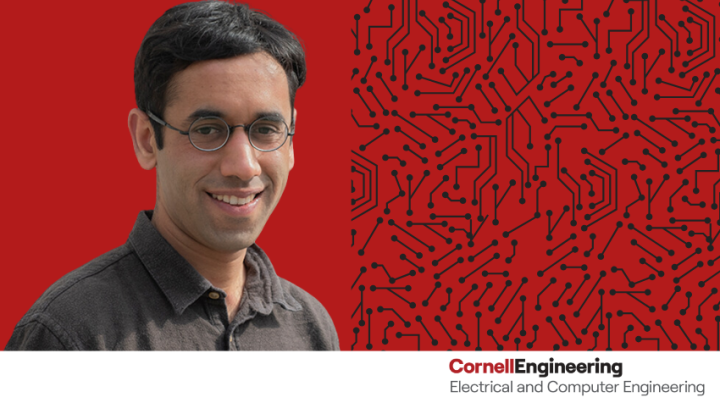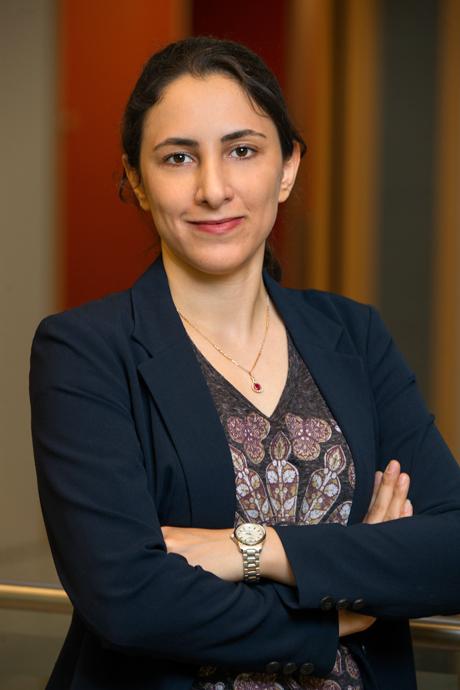Mahsa Shoaran was born into a family of medical doctors. Through most of her early schooling, she believed she was on that same path toward an M.D. degree.
But then came higher level math and physics courses in high school. Shoaran liked these classes and found she was good at them. She started to consider that there might be ways to help people other than by becoming a doctor. “I knew from watching the doctors in my family that it can be very rewarding to help people who are suffering,” says Shoaran. “But as I started to learn about electronics and the broad application of integrated circuits in other fields such as life science and medicine, I saw that maybe I could do the same thing without going to medical school.”
Shoaran decided to major in electrical engineering at the Sharif University of Technology in Tehran where she earned her B.Sc., and her Master’s degree in microelectronics. She then went to the École Polytechnique Fédérale de Lausanne (EPFL) in Switzerland for her doctoral studies. While at EPFL, Shoaran designed circuits for neural interfaces and worked closely with neurologists and neurosurgeons.
Shoaran joined the faculty of the School of Electrical and Computer Engineering (ECE) at Cornell in the fall of 2017 after completing her postdoctoral fellowship at the California Institute of Technology. “My research here is focused on using engineering approaches, particularly circuit design, signal processing and machine learning, to build smart implantable and wearable devices that can be used in early diagnosis and treatment of medication-resistant neurological disorders, as well as neural prosthetics for paralyzed patients” says Shoaran.
There are many neurological disorders that are either fully- or partially-resistant to medicines. The list of these conditions includes Parkinson’s disease, chronic migraines, certain types of epilepsy, and Alzheimer’s disease. Shoaran hopes to create low-power, miniaturized devices to both diagnose and treat these debilitating diseases. “I am so excited to be at Cornell,” says Shoaran. “There is the Neurotech Initiative and Cornell Tech and the researchers and doctors at Weill and so many people doing strong research all around the campus in so many departments. I am thrilled about the possibilities.”
Shoaran’s Neuroengineering Lab at Cornell brings together circuit design, machine learning, and neuroscience in an effort to achieve her long-held goal of helping people who are suffering. “One of the things I like best about my work,” says Shoaran, “is that I can make devices that help people who currently have no treatment options. In addition, there are so many problems that have not yet been studied. Engineers can make such an impact across so many medical conditions.”
Shoaran will be teaching “Introduction to Neural Engineering” (ECE 5040) in the spring semester of 2018. “It covers various topics in this exciting area of research and I am looking forward to it,” says Shoaran. “I enjoy teaching and mentoring talented students and this will give me a chance to help people discover a field with so much potential.”



